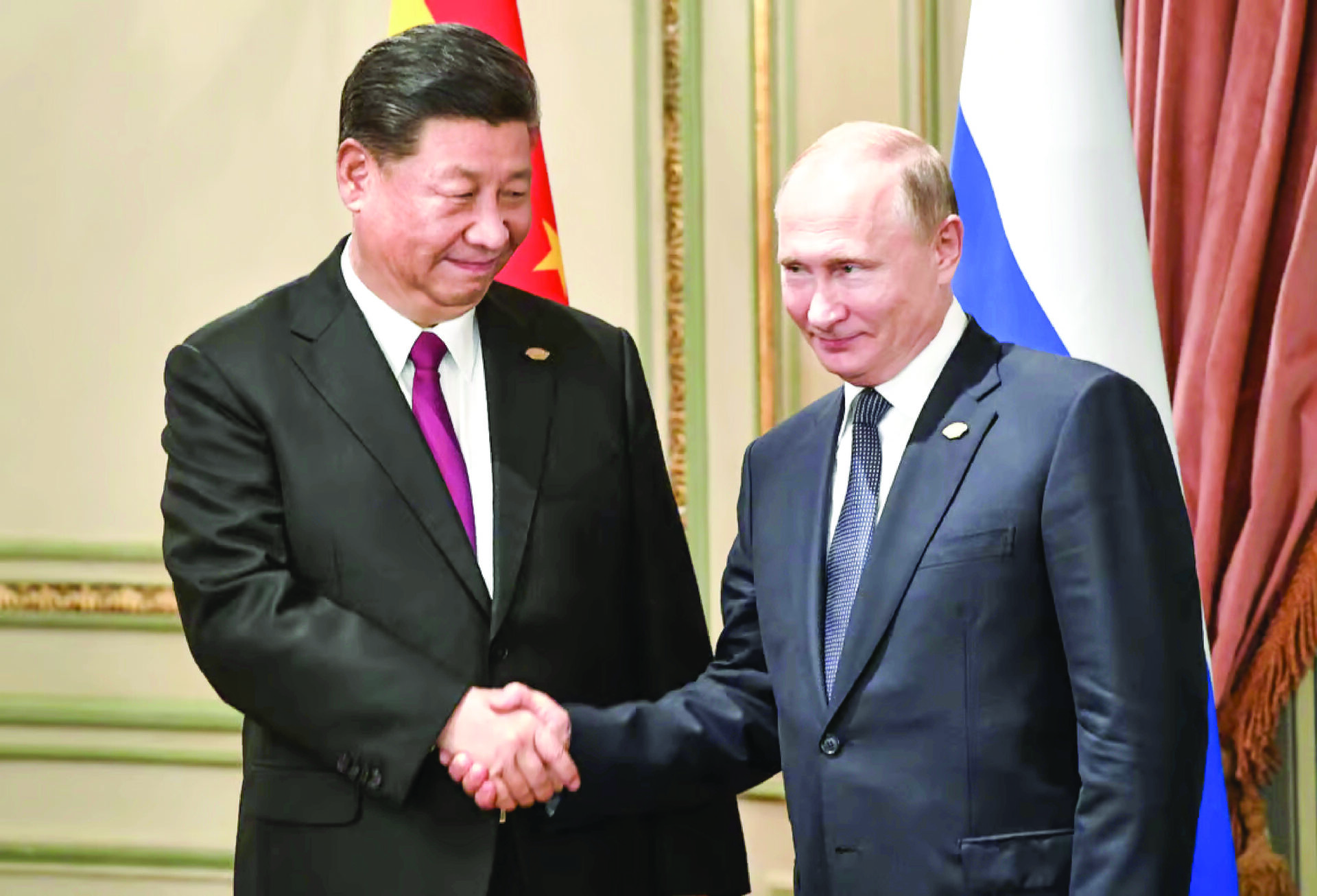The China-Russia alignment is a strategic manoeuvre, leveraging the political relationship as a tool to further their respective national objectives.
In the shifting sands of global geopolitics, the burgeoning alignment between China and Russia has emerged as a significant development. This partnership, often described as a “limitless friendship,” is characterized by a robust and adaptable political bond that defies the conventional anchors of shared ideology or legal frameworks. Instead, it is a pragmatic association, driven by mutual interests and shaped by the dynamics of international relations.
At its core, the China-Russia alignment is a strategic manoeuvre, leveraging the political relationship as a tool to further their respective national objectives. For Russia, reeling under the weight of Western sanctions, China has become an indispensable economically.
Beijing’s willingness to provide an economic lifeline has been pivotal in helping Moscow circumvent the punitive measures imposed by the West. This support extends to the military-industrial complex, where unrestricted exports of critical dual-use goods from China are bolstering Russia’s capabilities.
The partnership also manifests in the realm of hybrid operations and military cooperation. Joint exercises and coordination are not just about showcasing military might; they are calculated moves to reduce Russia’s diplomatic isolation. Furthermore, China’s support amplifies Russia’s narrative in the Global South, a region where both nations seek to expand their influence and counter Western dominance.
However, this alliance is not without its complexities. It is highly contingent on external factors, such as the international community’s stance towards both nations and the evolving landscape of global power politics. The absence of a shared ideological foundation or a formalized legal
Efforts by external actors to drive a wedge between Beijing and Moscow are likely to be counterproductive. Such attempts underestimate the depth of the strategic calculus that underpins the Sino-Russian relationship. The key to altering the dynamics of this partnership lies not in trying to separate the two but in influencing Beijing’s rationale for supporting Moscow. The international community must recognize the pragmatic nature of this alliance and devise strategies that address the motivations behind China’s backing of Russia.
In conclusion, the new China-Russia alignment is a testament to the power of pragmatic diplomacy over ideological solidarity. It is a partnership built on mutual utility, with each nation using the other to achieve its strategic goals. As the world watches this alliance unfold, it will be the subtle shifts in the geopolitical landscape that will determine the future trajectory of this intriguing partnership.
Khedroob Thondup, the son of Gyalo Thondup, elder brother of the Dalai Lama, is a geopolitical analyst.

